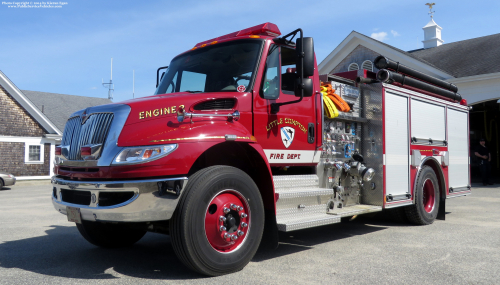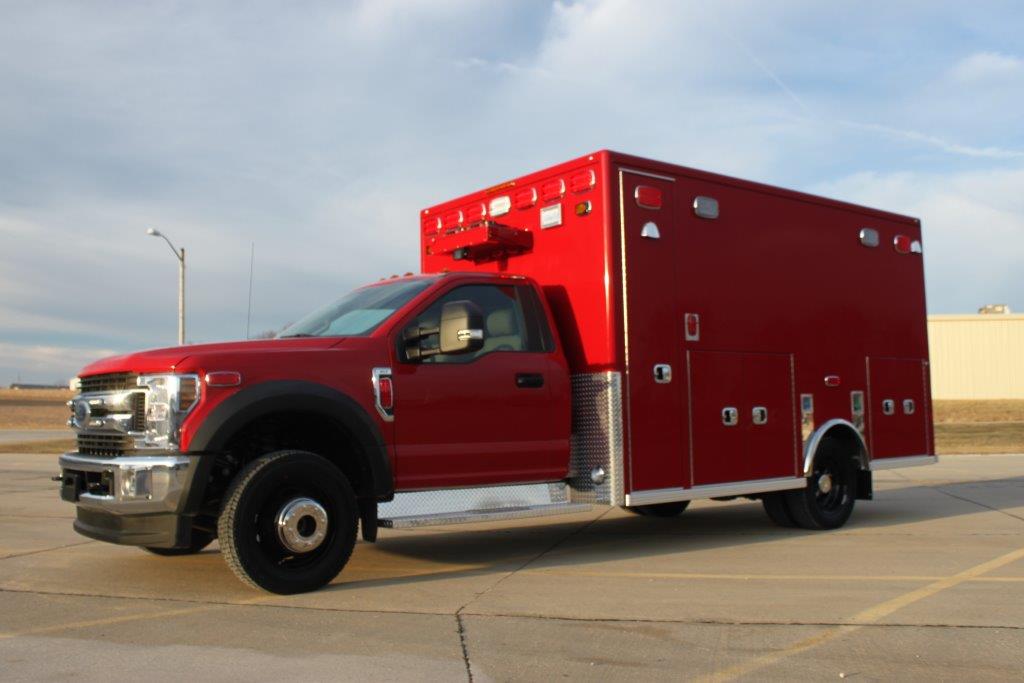

Compton fire department station 3 trial#
The case that led to the weeks-long trial began in 2020, when Waldie alleged he was demoted after he “openly opposed” the Executioners’ control over the Compton station while he was acting captain there. He also said the group - commonly known as the Executioners - has no official name.
Compton fire department station 3 full#
In total, roughly 40 deputies have the same tattoo, he said, adding that no one has a full list of them. Specifically, he said the tattoo was a “positive thing” and that its design included the number 18 because he was the 18th person to get that tattoo.

But during trial, in addition to showing his ink, he explained some of its details. Last year during depositions, Juarez refused to answer questions about his tattoo, following the advice of county counsel. One witness, Deputy Jaime Juarez, described the inking party in Pomona where he got his own tattoo and said he’d later helped decide which deputies would be invited to get a tattoo like it. Some witnesses named all the deputies they’d seen sporting the groups’ tattoos. Still, the case pitted two groups of tattooed deputies against each other, and those groups were the focus of some of the most explosive testimony.Ĭalifornia Special counsel urges sheriff to ban the ‘cancer’ of deputy gangsĪ new report by the Civilian Oversight Commission condemned the “cancer” of violent deputy gangs in the Los Angeles County Sheriff’s Department and urged a ban on the secretive groups.

In March, the Civilian Oversight Commission released a 70-page report condemning the “cancer” of deputy gangs, saying they “create rituals that valorize violence, such as recording all deputy-involved shootings in an official book, celebrating with ‘shooting parties,’ and authorizing deputies who have shot a community member to add embellishments to their common gang tattoos.”īut before the Waldie trial began, Los Angeles County Superior Court Judge Maurice Leiter banned the mention of various deputy shootings and oversight investigations, so the court did not hear testimony about the groups’ alleged links to violence. Reports of violent and secretive cliques of deputies have plagued the Los Angeles County Sheriff’s Department for half a century and led to an array of investigations, studies and legal settlements. “He is not a whistleblower,” attorney Avi Burkwitz said during closing arguments. “We are going to avail ourselves of all appropriate remedies under the law.” “We disagree with the jury’s decision, but we respect it,” said Alan Romero, the attorney who represented Waldie. But they also agreed it was unclear whether that whistleblowing activity was the reason he lost his bid to become the permanent captain of the Compton station. All 12 jurors agreed he’d acted as a whistleblower. Larry Waldie walked away from court empty-handed. On Friday morning, after less than a day of deliberations, plaintiff Lt. For more than two weeks, jurors heard about deputy gangs, saw their tattoos and logos, learned about their inking parties and listened to witnesses talk about members’ alleged control over the sheriff’s station in Compton.Īt one point, a deputy pulled up a pant leg to reveal a tattoo of a flaming skeleton gripping a rifle.īut ultimately, none of that mattered: The lawsuit itself - a $26-million whistleblower retaliation claim - was not about whether deputy gangs exist within the Los Angeles County Sheriff’s Department, but whether one man’s opposition to the so-called Executioners was the reason he couldn’t get a coveted promotion.


 0 kommentar(er)
0 kommentar(er)
